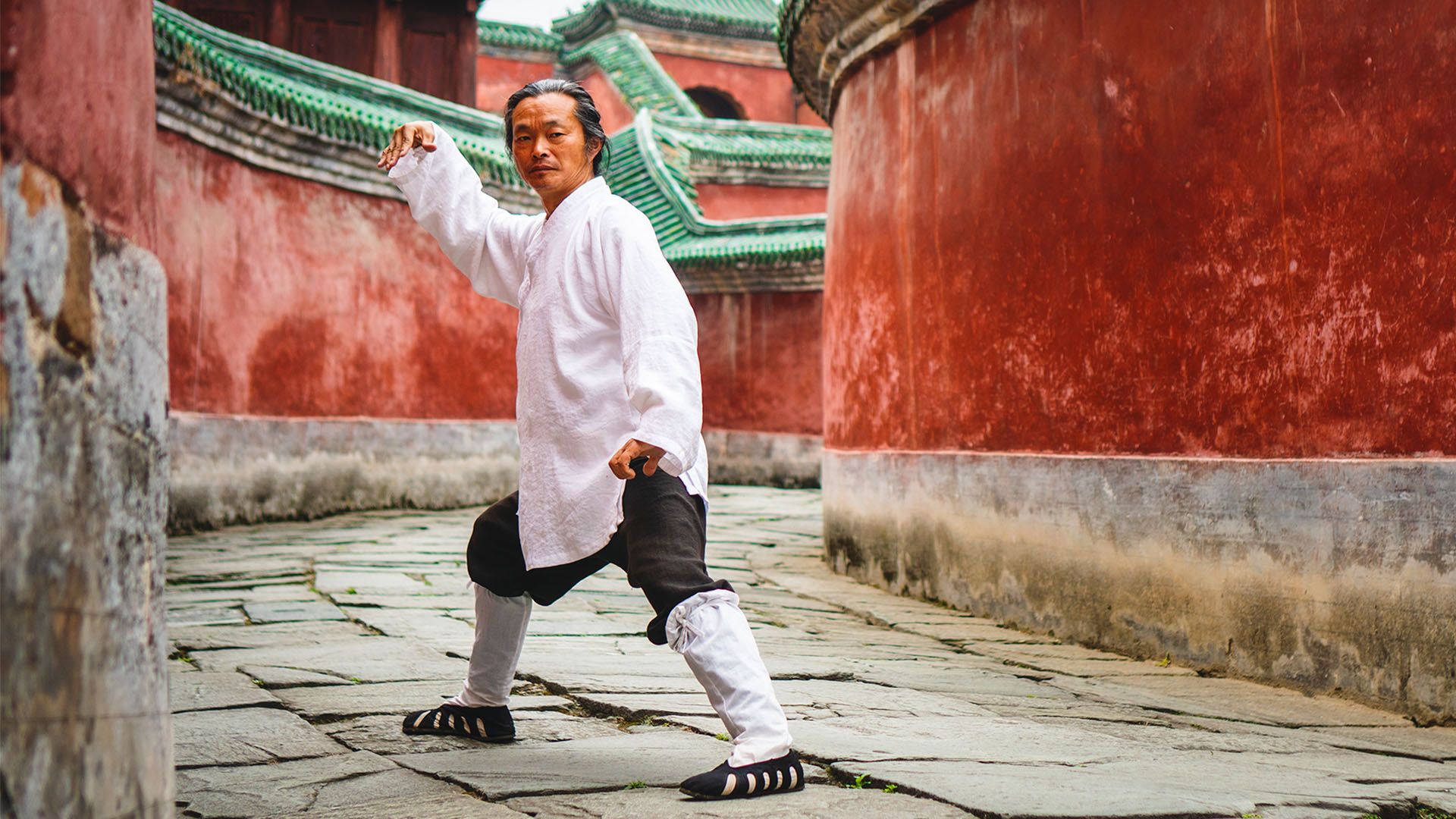Taoism vs Confucianism: Key Differences Between Them
May 11, 2024
Most people get confused between Taoism vs Confucianism, two foundational philosophies of Chinese culture. Despite both emerging around the same historical period, the B.C.E. presents vastly distinct paths toward understanding life and society.
Recent studies highlight their differences in principles and practices, showing how each has shaped Chinese thought. This article delves into the distinct beliefs of Lao Tzu's Tao Te Ching and the teachings of Confucius, as represented in the Analects.
By comparing their views on filial piety, self-cultivation, and the role of tradition, readers can gain a clearer understanding of each philosophy's unique contributions. A complete guide to their key differences is provided in the following sections:
Table of Contents
Origins of Taoism (Daoism) and Confucianism
Taoism, often linked to the philosopher Laozi, emerged in the 6th century B.C.E. amidst Chinese cultural transformations. Its foundational text, the Tao Te Ching, proposes a way of life that harmonizes with the Dao, or the fundamental nature of the universe. Confucianism was developed around the same time by Confucius, whose teachings are encapsulated in the Analects. Confucius emphasized moral uprightness, filial piety, and societal order, significantly shaping Han Dynasty values and beyond.
Also Read: Is it Taoism or Daoism? Chi Kung or Qi Gong? Master Gu explains
Core Philosophies: Confucianism and Taoism
Confucianism advocates for structured societal roles and ethical living, stressing education and familial respect. Central to its doctrine are:
- Filial piety: a strong devotion to one's family.
- Self-cultivation: improving oneself through learning.
In contrast, Taoism emphasizes living in spontaneous harmony with the natural world. Its principles include:
- Alchemy: transforming the self and substances to achieve harmony.
- Following the Dao: aligning one’s actions with the natural order.
Both philosophies offer deep insights into personal and social ethics, differing mainly in their approach to order and spontaneity.
Taoism vs Confucianism: 5 Key Differences
Taoism and Confucianism, two pivotal philosophical traditions from ancient China, offer distinct paths for understanding life and society. Here are five key differences between them:
1. Philosophical Roots:
- Confucianism, established by the philosopher Confucius around the 5th century BCE, focuses on social harmony and moral integrity.
- Taoism, attributed to Lao Tzu and further developed by philosophers like Zhuangzi, prioritizes living in harmony with the Tao, or the fundamental nature of the universe.
2. Key Texts:
- The Analects, a collection of sayings and ideas attributed to Confucius and his disciples, underpin Confucian thought.
- Tao Te Ching, often credited to Lao Tzu, encapsulates the essence of Taoist philosophy.
3. Core Practices:
- Confucians emphasize 'self-cultivation' and adherence to societal norms, advocating for educational and familial duties.
- Taoists focus on spiritual alchemy and the pursuit of longevity, often through practices that align individual actions with the natural world.
4. Views on Authority and Governance:
- Confucianism supports a structured societal hierarchy based on filial piety and respect for authority.
- In contrast, Taoism often manifests a preference for minimal interference and governance, promoting a more laissez-faire approach.
5. Influence on Chinese Culture:
- Both philosophies have deeply influenced Chinese culture, but their impacts manifest differently.
- Confucianism has been integral to the development of Chinese educational systems and bureaucratic institutions.
- Taoism has contributed significantly to Chinese medicine, art, and folk religion.
Influential Texts and Figures
Lao Tzu and the Tao Te Ching:
Lao Tzu, an ancient Chinese philosopher, authored the Tao Te Ching, a foundational text of Taoism. This work deeply influenced Chinese religious and philosophical thought. It promotes living in harmony with the Tao (the "way"), emphasizing spontaneity and non-interference. The Tao Te Ching's teachings have shaped not only spiritual practices but also the governance principles in ancient China, underscoring a minimalist approach to leadership.
Confucius and the Analects:
The Analects, compiled by the disciples of Confucius, capture the essence of Confucian thought. This text has been a cornerstone in shaping Chinese society, heavily influencing social order and state ideology, especially during the Han dynasty. Confucius's teachings emphasize morality, proper social relationships, and justice. His impact on education remains profound, promoting a legacy of respect for tradition and learning in Chinese culture.
Interactions with Other Philosophies
Relationship with Buddhism:
Taoism and Confucianism have both been influenced by Buddhism. Confucianism's structured social ethics complemented the spiritual depths of Buddhism, leading to blended practices in Chinese society. Taoism, with its focus on natural harmony, shares Buddhism's emphasis on spiritual tranquility. However, Taoism advocates spontaneity in harmony with the Tao, contrasting with Buddhism’s structured path to enlightenment.
For more information, check out our article on Taoism vs Buddhism
Influence on the Art of War:
The strategic insights of "The Art of War," a cornerstone in Chinese military thinking, reflect principles from both Taoism and Confucianism. Confucianism contributed ideas on leadership integrity and moral rectitude, essential for commanding respect and obedience. Taoism influenced the adaptive and fluid strategies that emphasize winning without conflict, aligning with the Taoist way of effortless action.
Conclusion
Taoism vs Confucianism, both have profoundly influenced Chinese culture and religious tradition, and their approaches to life and governance diverge significantly. Taoism emphasizes natural order and spontaneity through Taoist alchemy and philosophy, whereas Confucianism upholds structured societal roles and moral cultivation. The teachings of Laozi and Confucius continue to manifest in modern practices, offering valuable insights into harmony and ethical living. How might these ancient philosophies be applied in today’s contexts to address contemporary issues?







